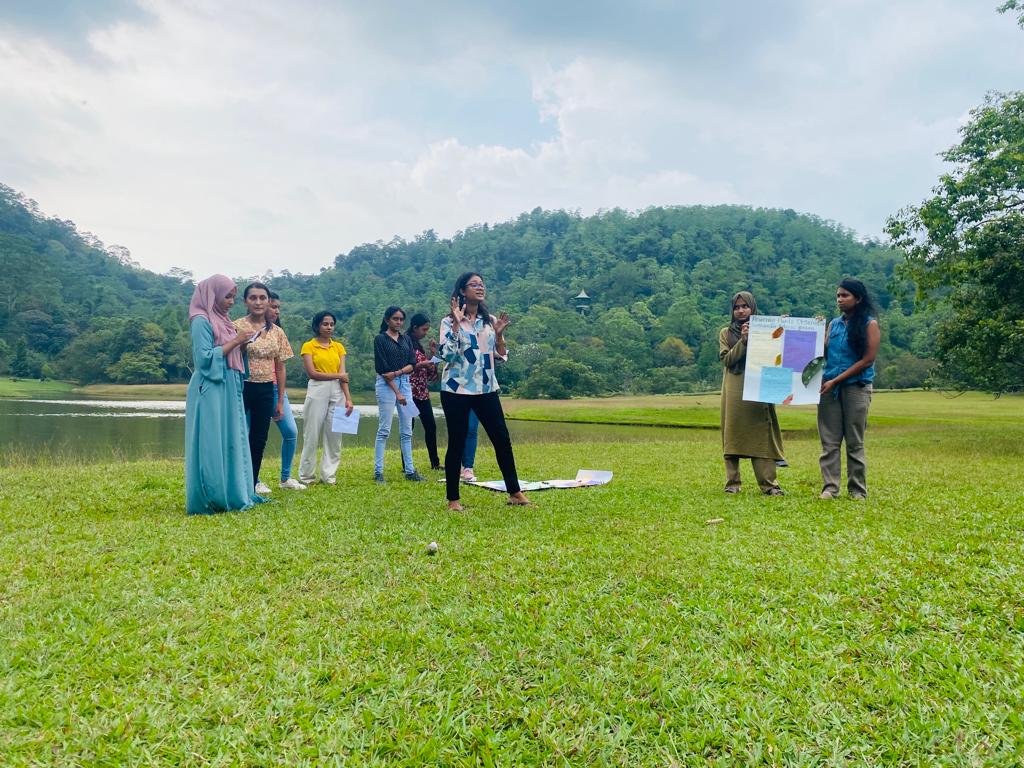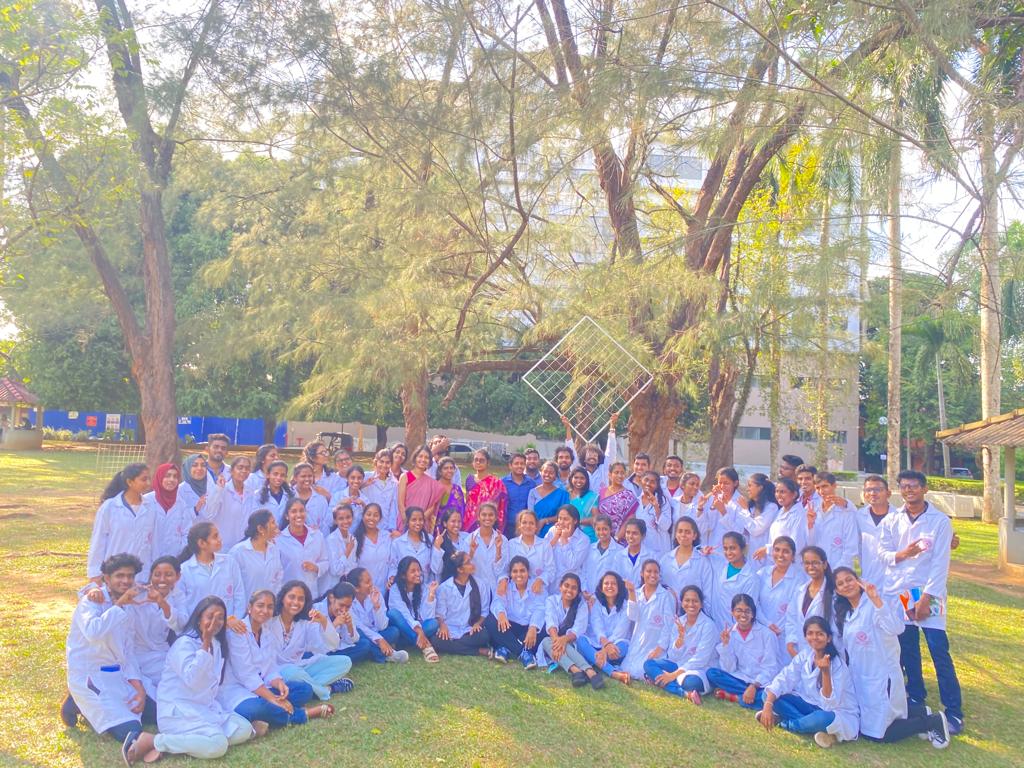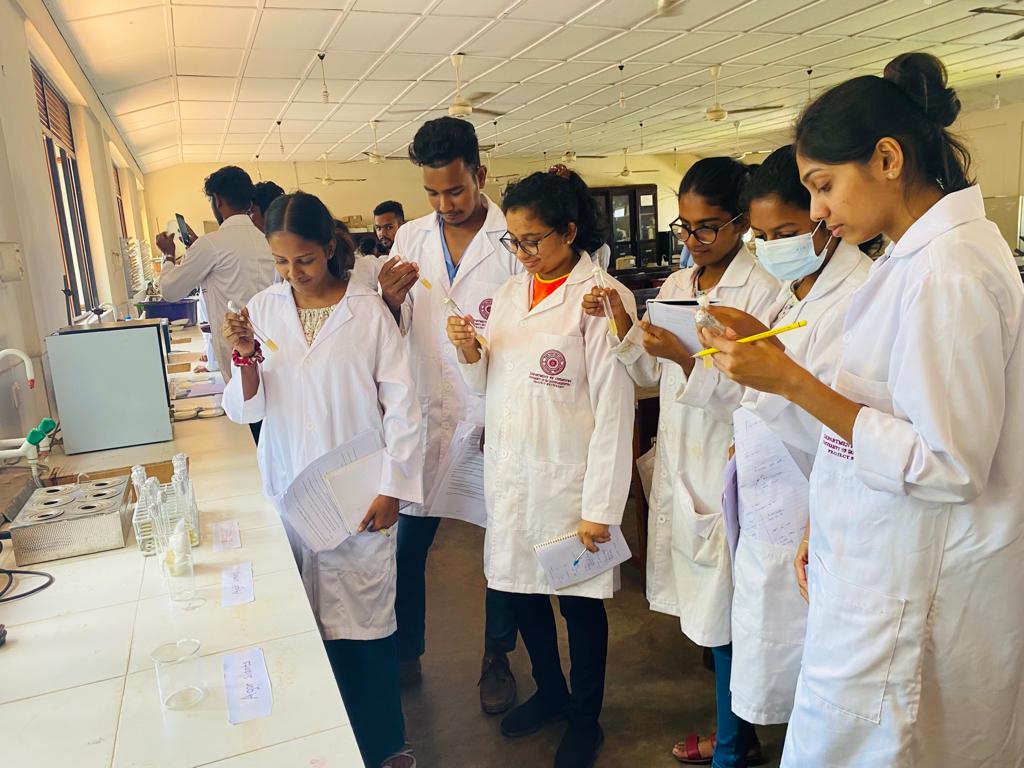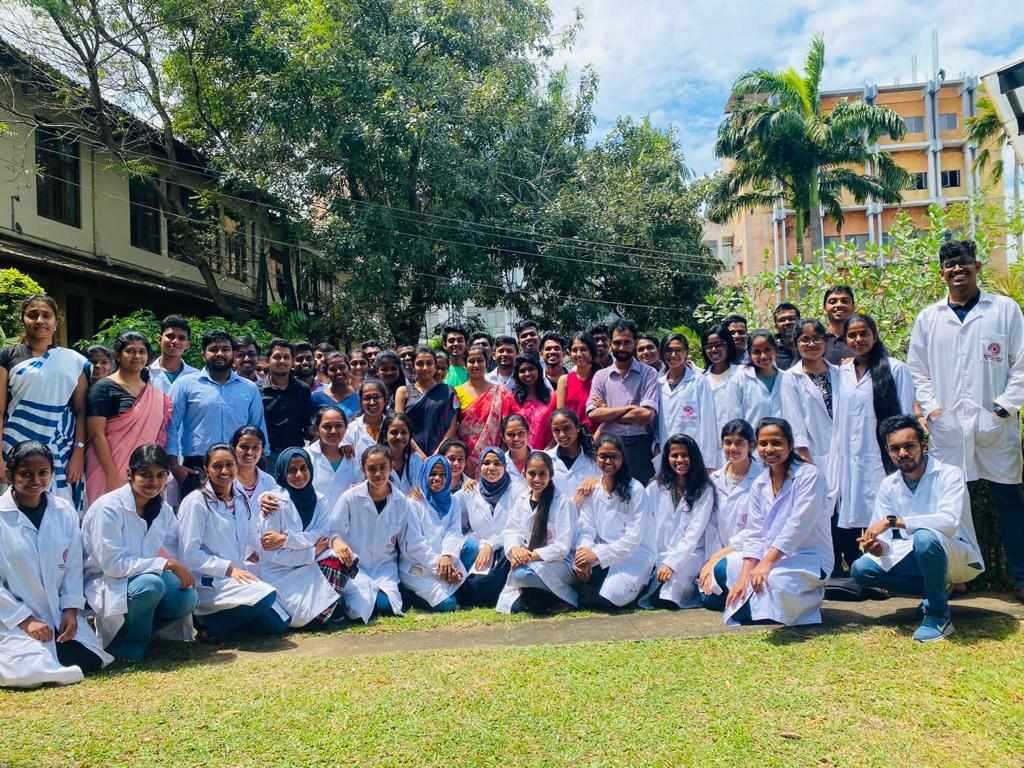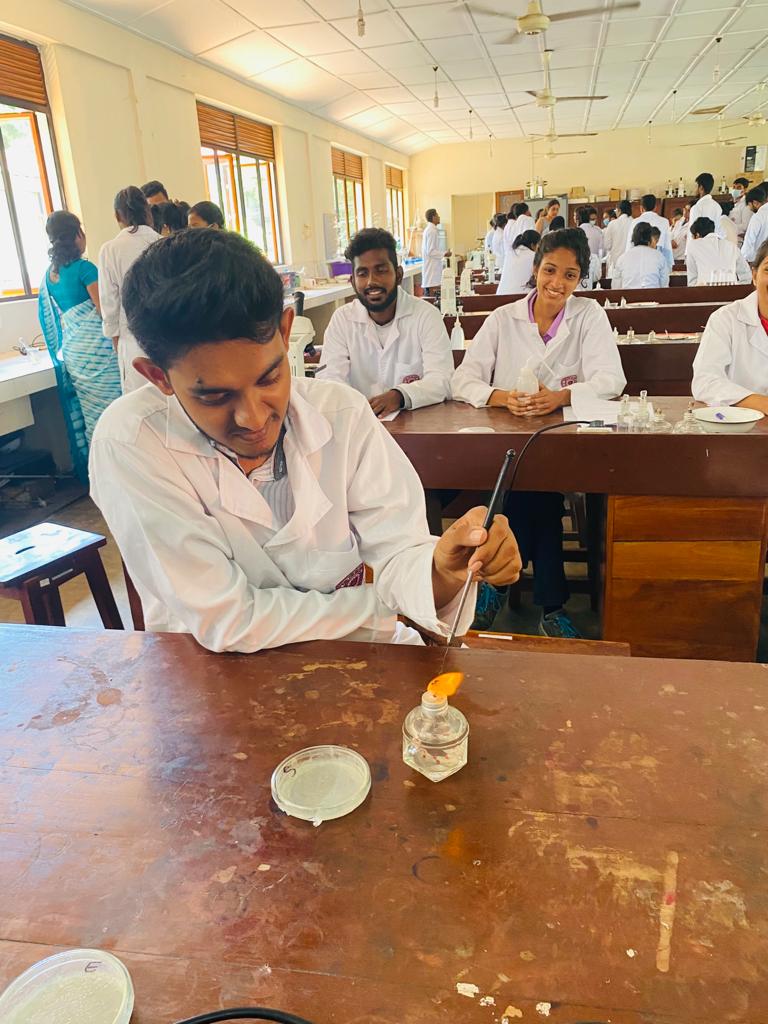The Department of Botany offers practical and field classes as part of its curriculum to provide students with hands-on learning experiences in the study of plants and their environments. These classes are designed to complement the theoretical knowledge gained in lectures and textbooks, allowing students to apply their understanding in real-world settings.
Practical classes in botany involve laboratory work, where students engage in various experiments and exercises to explore plant anatomy, physiology, taxonomy, and ecology. They learn techniques such as microscopic examination, tissue culture, DNA analysis, and plant identification. These practical sessions enhance students’ scientific skills, critical thinking, and ability to analyze and interpret experimental data.
Field classes, on the other hand, take students out of the traditional classroom and into natural habitats, botanical gardens, conservation areas, and agricultural fields. In these outdoor settings, students learn to observe and document plant diversity, ecological interactions, and adaptations in different ecosystems. They develop skills in field sampling, species identification, plant collection, and data recording. Field classes also foster an appreciation for the environment and the importance of conservation.
During practical and field classes, students often work in small groups, fostering teamwork, communication, and collaboration skills. They receive guidance and mentorship from faculty members and experienced researchers, who provide valuable insights and help students connect theory with practical applications. These classes encourage active learning and engagement, enabling students to develop a deeper understanding of botany and its relevance to real-world challenges.
Overall, practical and field classes offered by the Department of Botany play a crucial role in equipping students with the necessary skills, knowledge, and experiences to excel in their botanical studies and pursue careers in research, microbiology, molecular biology, bioinformatics, environmental conservation, agriculture, horticulture, and related fields.


